Archives
Operation Onesimus
Posted on April 13, 2020
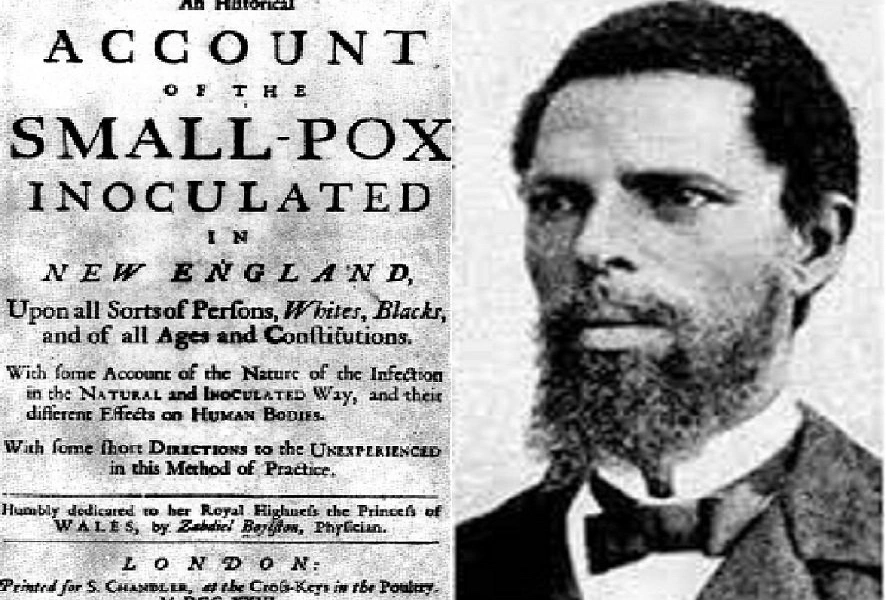
Onesimus was an African slave brought by force to what was then the Massachusetts Colony. The knowledge and wisdom he brought with him saved lives at a time when smallpox was pandemic. I hope to be able to use all of the knowledge and wisdom of the people around me to do what I can in this pandemic.
The Big One?
Posted on March 2, 2020
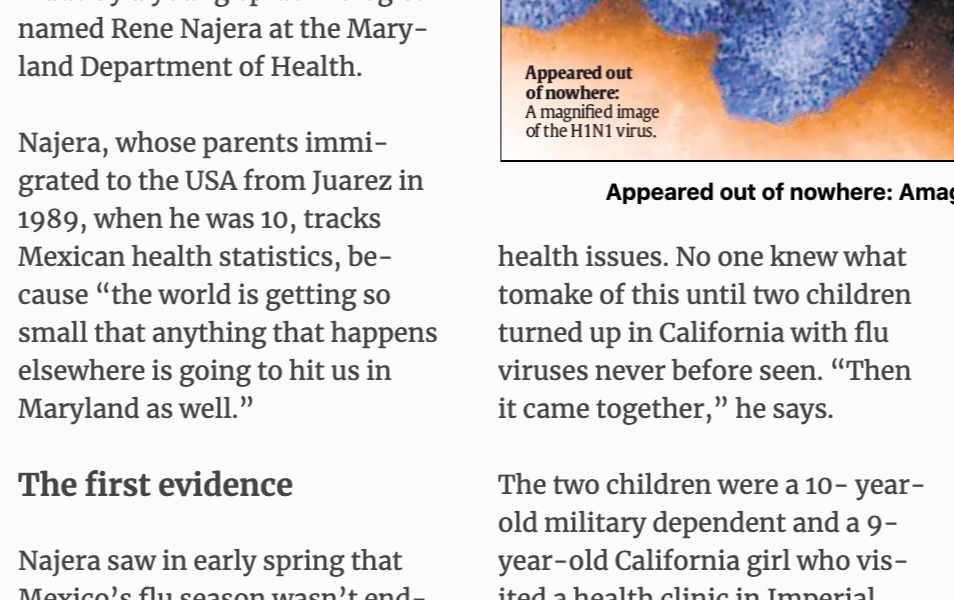
This novel coronavirus pandemic is my third pandemic as a human being (after the HIV and the 2009 H1N1 Influenza pandemics). Is it the big one? Not really. At least I don’t think so.
Odds Ratio or Marginal Effects? Depends on the Story You’re Trying to Tell.
Posted on November 19, 2019 1 Comment
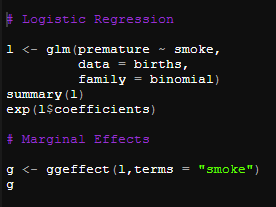
It’s been a while since I’ve written anything, so why not entertain you with a thrilling subject? Pop quiz: If you’re presenting the results of an analysis, do you present the odds ratio or the marginal effects? Let’s say you have 150 birth records, and you want to see if smoking is associated with premature […]
The Hijacking of Fluorine 18.998, Part Three
Posted on September 23, 2019 4 Comments

In the last two blog posts (here and here), I told you about the history of fluoridation of water in the United States and other parts of the world. I told you how a dentist traveled out west to Colorado and, through observation and laboratory study, helped determine that adding fluoride to drinking water prevented […]
The Hijacking of Fluorine 18.998, Part Two
Posted on September 21, 2019 7 Comments

NOTE: This is the second of a three-part series on fluoride in drinking water and a recent study about it. You can read part 1 here. You can read part 3 here. In the last blog post, I told you all about how fluoride has been added to potable water systems in the United States […]
Sample Sizes and Statistical Significance
Posted on July 16, 2019 2 Comments
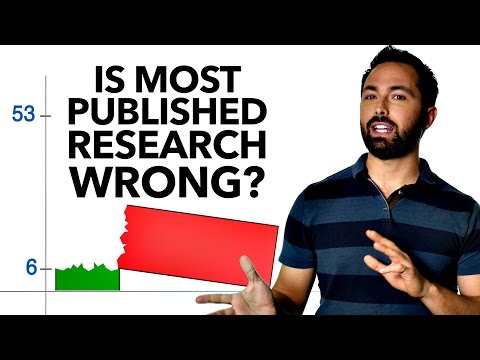
Some dude said I didn’t know what I was talking about because, in his world, a small sample size with a statistical significance only gets more statistically significant if the sample size increases. He’s also an antivaxxer, so…
How Many Guns Were Within 1,000 Feet of Schools in Baltimore in 2018?
Posted on May 19, 2019
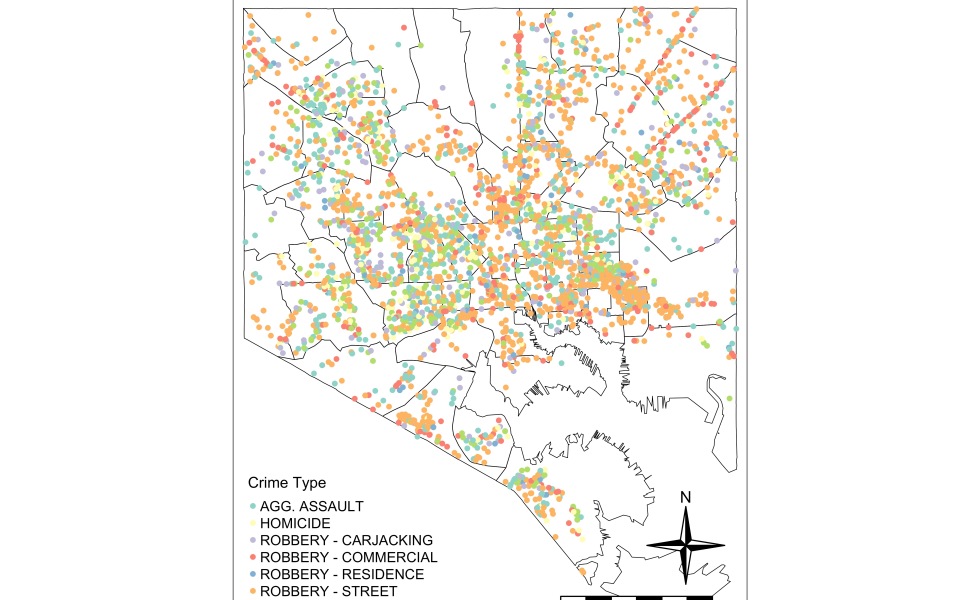
Modern software programs allow you to analyze spatial data quite easily, but it may be hard to replicate what you did without a detailed how-to manual and instructions you write as you go. Programming languages such as R and others allow you to write code and comments in that code, so it will be easy to follow what you did and reproduce it time after time.
Epi 101: Direct Age Adjustment by Hand and With R
Posted on April 16, 2019 1 Comment
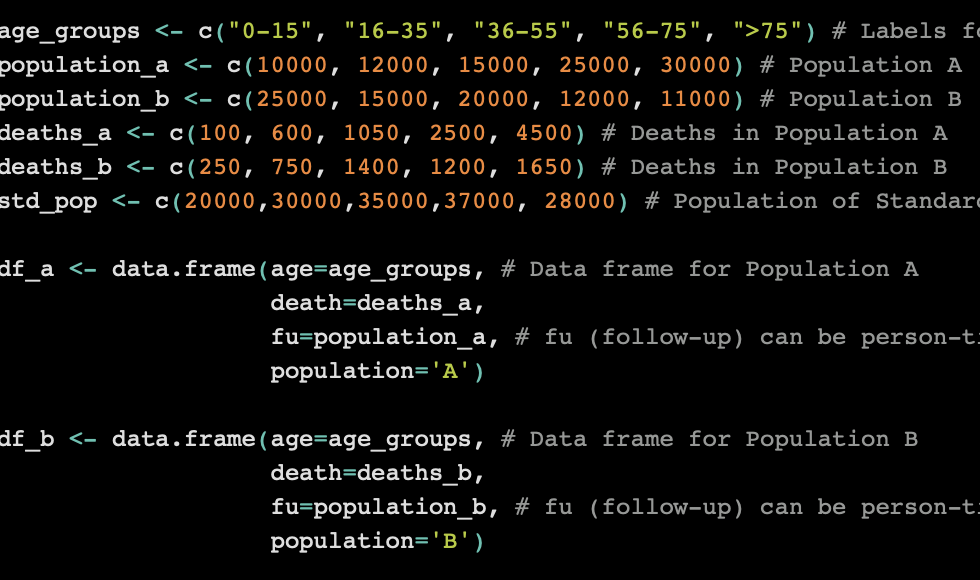
When comparing two populations, it is essential that you know if the differences are due to different age distributions. Age can confound a lot of findings, especially if the outcome is strongly influenced by age.
What if Vaccines Are Harmful?
Posted on April 13, 2019 2 Comments
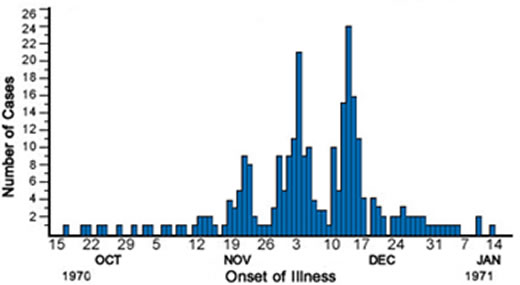
If vaccines are as bad as anti-vaccine people and groups claim that they are, where is the evidence? We’ve seen other diseases and conditions be identified and dealt with. Why not these bad vaccine outcomes? Could it be that it’s not as bad as antivaxxers say it is?
Analysis of Public Health Inequities Using R Programming
Posted on April 8, 2019
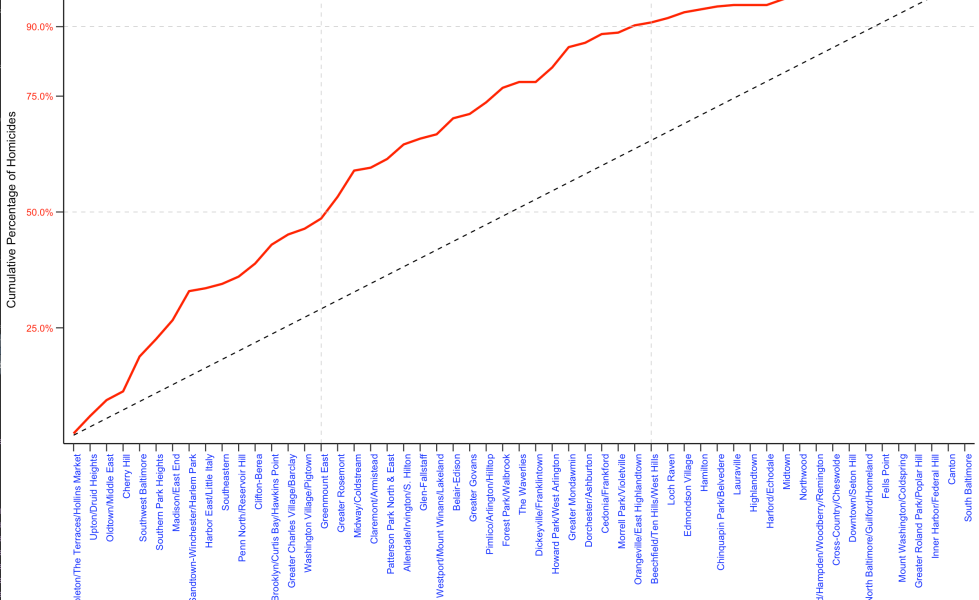
R programming can help with a lot of tasks. In this blog post, I show you how it can help understand and visualize inequities in Baltimore with regards to poverty and violence.